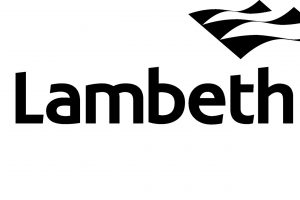You will explore the intricate patterns that define Islamic art, spanning various regions and historical periods. You will learn about the cultural, religious, and philosophical contexts behind geometric, vegetal, and calligraphic designs. Through lectures, readings, and some hands-on activities, you will study the integration of patterns in architecture and other media, and examine contemporary interpretations. By the end of the course, you will have a comprehensive understanding of the artistic traditions and innovations in Islamic art.
Courses
Art History: Patterns in Islamic Art
When & Where
-
23 September 2024 - 21 October 2024 ( 15 hours, 5 weeks )
- Evening, Monday
-
View course timetable
-
Waterloo Centre
Quick Facts
- Availability Yes
- Course Code W24PDGB01A
- Suitable For 19 year olds and up are permitted on this course
What you will learn
Learning Outcomes
By the end of this course, you will be able to:
- Demonstrate knowledge of the cultural, religious, and philosophical contexts that shape Islamic art patterns.
- Identify and analyze the mathematical principles and symbolic meanings behind Islamic geometric patterns.
- Understand the characteristics and significance of vegetal (arabesque) and calligraphic patterns in Islamic art.
- Compare and contrast the patterns in Islamic art across different regions, such as the Middle East, Persia, South Asia, and Al-Andalus.
- Analyze the use and integration of patterns in Islamic architecture and other media.
Cost
Full fee
£155
Concession fee
£115
Class format and activities
This course will be taught in an informal lecture/ discussion format with presentations shared on screen. There will be a 10-minute break in the middle of the session. You are encouraged to engage in discussion and lecture materials will be shared by email. Constructive and supportive feedback from your tutor will help you succeed during the class.
Entry requirements
There are no entry requirements. This course will be accessible to you if you have no prior knowledge of art and design and is open to learners with varying backgrounds, as well as art practitioners
What you need
You will find it helpful to bring a paper and pen for making notes
What you can do next
We offer a range of long and short courses in art history at Morley and cover a range of periods and subjects of interest.









